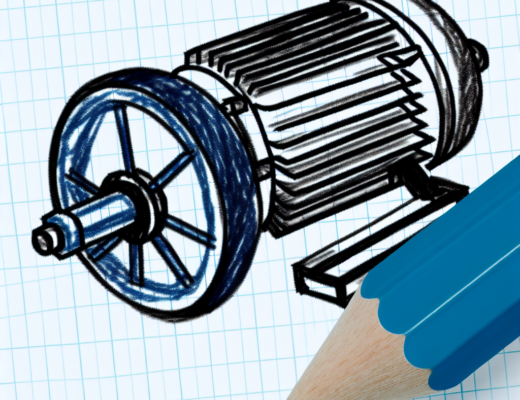Electric motors are integral to the functioning of a vast array of industries, from automotive manufacturing to HVAC systems. These engines convert electrical energy into mechanical energy, powering everything from conveyor belts to air conditioning units. The modern adaptations of electric motors are essential for improving efficiency and reducing operational costs.
Technological Advancements in Electric Motors
Recent technological advancements have significantly impacted the performance and efficiency of electric motors. Innovations such as brushless motor technology and the integration of digital controllers have led to more reliable, durable, and energy-efficient units. These improvements not only extend the life span of the motors but also enhance their operational capabilities, which can adapt to varying speeds and loads without loss of efficiency.
Furthermore, the emphasis on sustainability has driven the development of electric motors that are more environmentally friendly. Manufacturers are increasingly using recycled materials and designing motors that consume less energy, thereby reducing carbon emissions associated with their use. For more details on these sustainable solutions, visit VYBO Electric, a leader in cutting-edge electric motor technology.
Overall, electric motors continue to evolve, pushing the boundaries of industrial capability and energy efficiency. Their role is crucial not only in driving mechanical functions but also in fostering innovation across various sectors. As industries strive towards automation and sustainability, the advancements in electric motor technology are set to play a vital role in their transformation.



